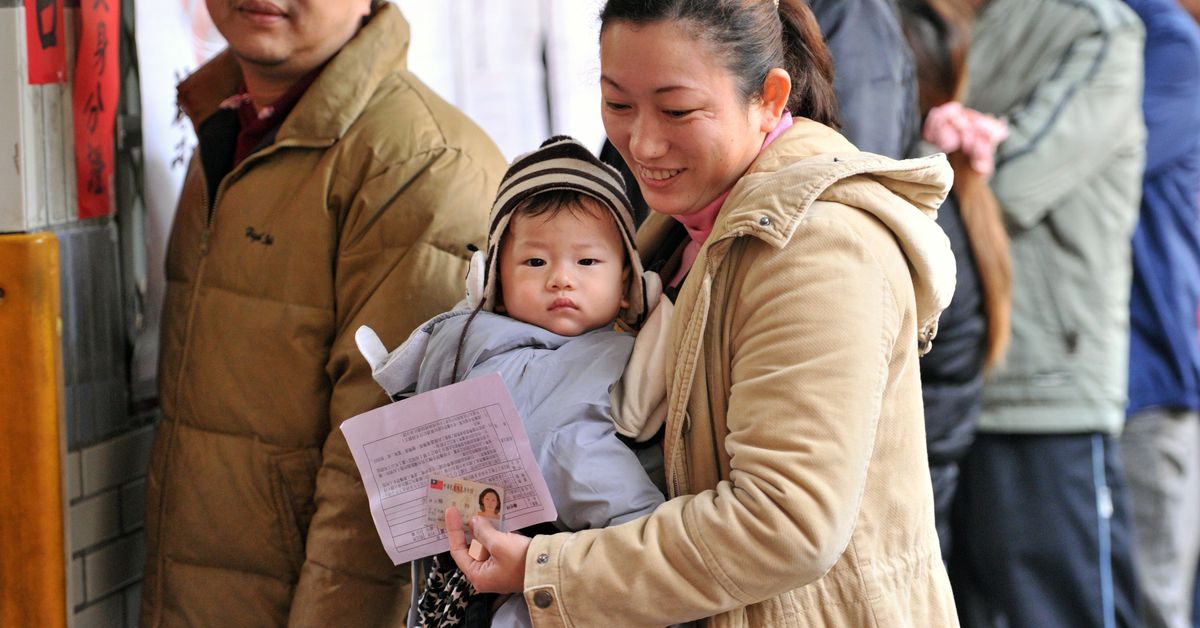These countries tried everything from cash to patriotic calls to duty to reverse drastically declining birth rates. It didn’t work.
…
If history is any guide, none of this will work: No matter what governments do to convince them to procreate, people around the world are having fewer and fewer kids.
In the US, the birth rate has been falling since the Great Recession, dropping almost 23 percent between 2007 and 2022. Today, the average American woman has about 1.6 children, down from three in 1950, and significantly below the “replacement rate” of 2.1 children needed to sustain a stable population. In Italy, 12 people now die for every seven babies born. In South Korea, the birth rate is down to 0.81 children per woman. In China, after decades of a strictly enforced one-child policy, the population is shrinking for the first time since the 1960s. In Taiwan, the birth rate stands at 0.87.



I mean, in the short term (50-100 years), yes it is. Unless people start dying at a younger age, there’s going to be a lot of orphaned seniors, which isn’t good. We won’t really see the benefits of a declining birthrate in our lifetimes, but we will see numerous negatives.
In the long term, it’s probably more nessecary then “not bad,” but again, you don’t want to be the one of the people living during the population collapse.
deleted by creator